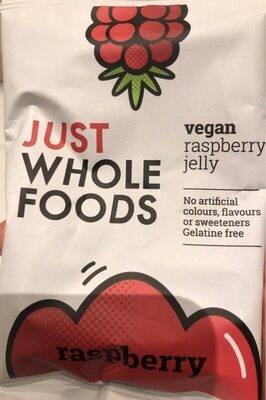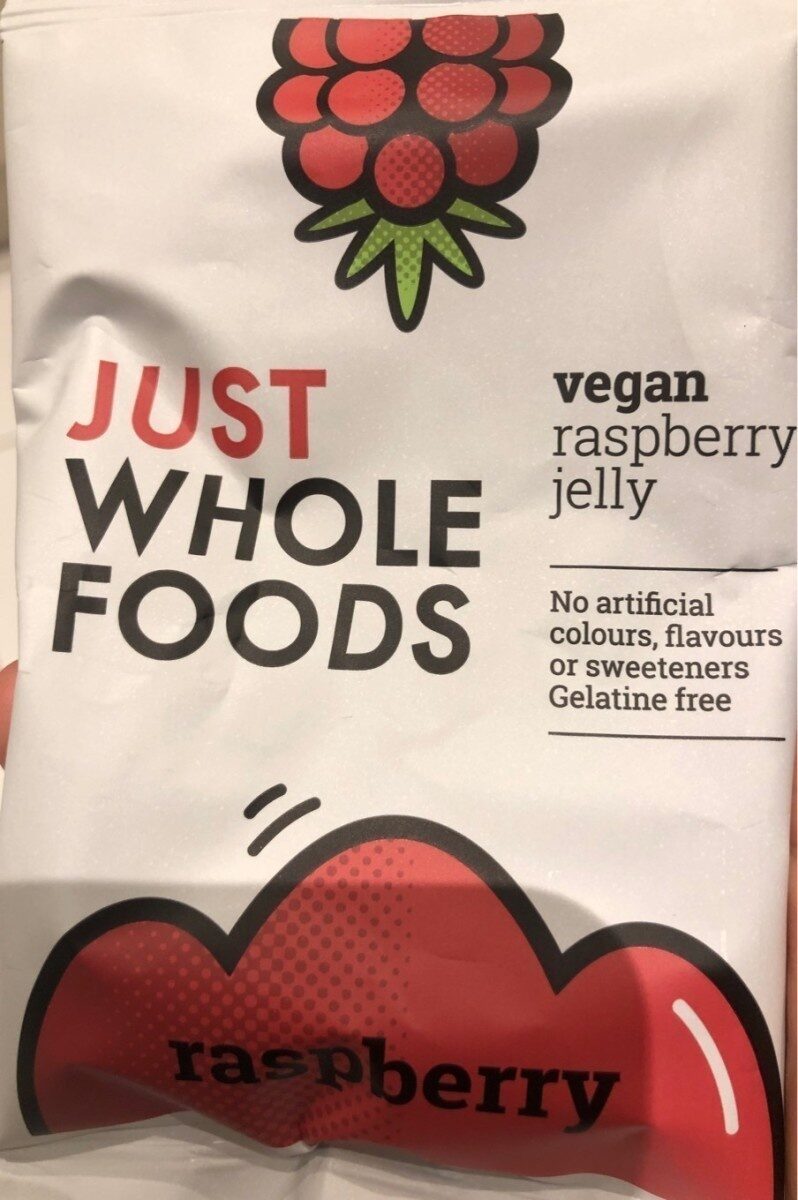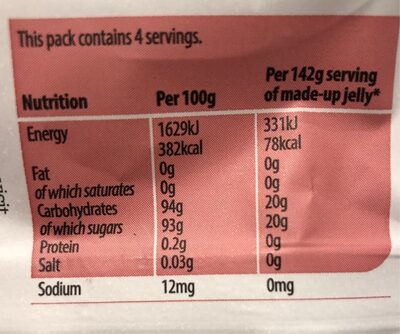Vegan raspberry jelly - just wholefoods - 85 g
This product page is not complete. You can help to complete it by editing it and adding more data from the photos we have, or by taking more photos using the app for Android or iPhone/iPad. Thank you!
×
Barcode: 5022775000240 (EAN / EAN-13)
Quantity: 85 g
Brands: just wholefoods
Categories: Plant-based foods and beverages, Plant-based foods, Fruits and vegetables based foods, Snacks, Breakfasts, Spreads, Sweet snacks, Confectioneries, Fruits based foods, Plant-based spreads, Sweet spreads, Fruit and vegetable preserves, Fruit pastes
Labels, certifications, awards: Vegetarian, Vegan
Countries where sold: United Kingdom
Matching with your preferences
Environment
Carbon footprint
Packaging
Transportation
Report a problem
Data sources
Product added on by noii
Last edit of product page on by peter767.
Product page also edited by kiliweb, openfoodfacts-contributors, roboto-app, yuka.YUtSUUc0b08vS2M0eXZGa3d6T0x3WXh0MW9PNGZFV2FBc0FvSVE9PQ, yuka.sY2b0xO6T85zoF3NwEKvlmp_C4H0j2jNLQPTgV_UnNGsKZ25aMN53oeibKo.










